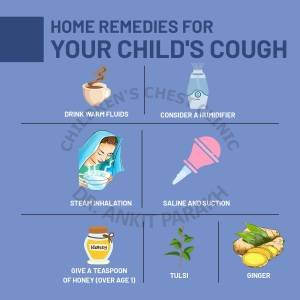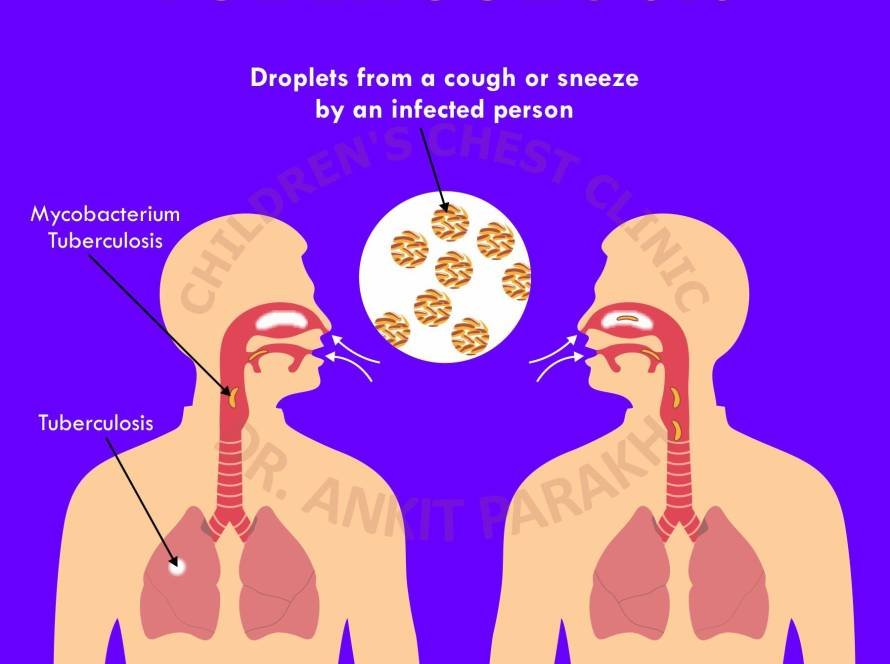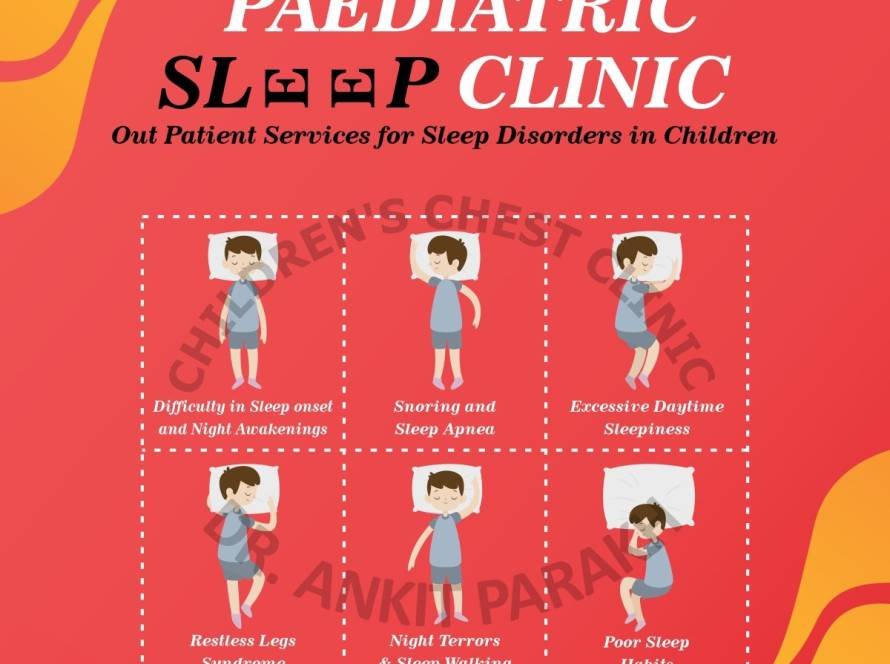Cough is a protective reflex of the body and helps to clear out mucus and other substances from our airways. Cough helps to protect our lungs. The most common cause of coughs and cold in children is viral upper respiratory infections (also known as common colds). Most of these infections improve on their own in a period of 5-7 days without any specific treatment. The symptoms cause concern to parents and often request some medicine to help the child.
What are the recommended ways to help children with colds and coughs?
There are many non medicinal ways to reduce symptoms of cough and cough which have been found to be useful. Plenty of fluids to maintain good hydration is important. Warm drinks also help to soothe the child’s throat. Saline nose drops are quite helpful to keep nasal passages clear and moist, which improves a child’s breathing. In some children who have thick secretions, nasal suctioning with a nasal suction bulb (easily available in the market) can help clear up the nose. Nasal bulbs are especially useful in children less than a year old. A cool mist humidifier can also be used to help breathing by reducing congestion in nasal passages. As needed paracetamol is helpful to reduce fever and aches.

Which cough syrups should be given?
Cough syrups do not help to reduce cough or make it go away early. Cough mixtures contain different contents in varying quantities. They can lead to minor and occasionally major side effects. Cough syrups should not be used without a doctor’s consultation.
What are the useful home remedies to treat colds and coughs?
Some traditional natural remedies help relieve a cough and cold. Things like honey, ginger and tulsi have been shown to have anti-bacterial properties and anti-inflammatory properties. They can be added to tea or a hot water and used 2-3 times a day. Saltwater gargles helps reduce sore throat, loosen mucus and improve throat pain.
When to see a doctor if a child is having a cough and cold?
You don’t need to visit a pediatrician or a doctor for every cough and cold. You need to watch for some symptoms which indicate a need for a doctor’s consultation. High fever more than 102 degrees fahrenheit or higher in children, poor oral intake, excessive crankiness, persistent ear pain or throat pain needs doctor’s attention. You also need to watch for any signs of breathing difficulty like nostrils widening with each breath, wheezing, fast breathing, indrawings of ribs or shortness of breath.






